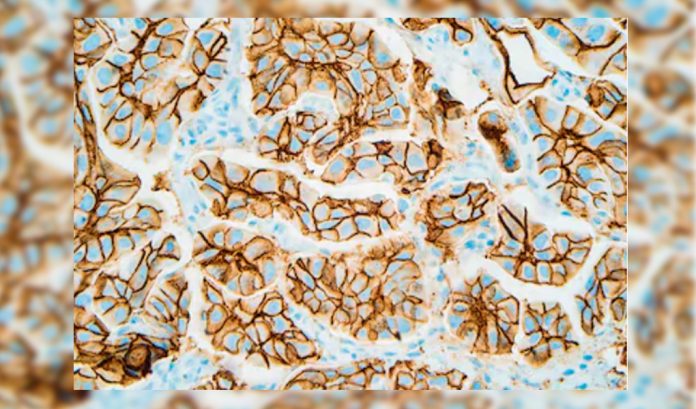
The medical industry including Big Pharma has been heavily under fire for quite some time for promoting unwanted treatments of doubtful efficacy and effectivity. One of these treatments which has been under fire for ages, as far as women’s health and survival are concerned is the practice of mastectomy (surgery involving loping off a woman’s breast or breasts) and chemotherapy for women with the highly feared breast cancer genes BRCA-1 or 2.
Women who have one of these two genes are almost given a “death sentence” due to the alleged severity of this gene mutation. The recommendation of doctors at the moment when they find you to have one of these genes is an immediate mastectomy (surgery) and chemotherapy.
The Discovery
To determine if the BRCA-1 or 2 genes actually has any bearing on one’s survival from breast cancer, a study was conducted by Professor Diana M. Eccles from the Cancer Sciences Academic Unit at the University of Southampton and University Hospital Southampton NHS Foundation Trust. Her team analyzed data from 127 hospitals across the United Kingdom. Information was collected from 2,733 women between the ages of 18 and 40 between the years 2000 and 2008. The ground-breaking study was published in The Lancet, a highly prestigious and well-established medical journal.
The researchers reported that a pathogenic BRCA mutation was detected in 338 (12%) of patients (201 with BRCA1, 137 with BRCA2). After a median follow-up of 2 to 8 years, it was found that 651 (96%) of 678 deaths were due to breast cancer.
But the most significant discovery by the research team was that “there was no significant difference in overall survival between BRCA-positive and BRCA-negative patients in multivariable analyses at any point in time”:
| Time period | BRCA-positive | BRCA-negative |
| 2 years | 97·0% [95% CI 94·5–98·4] | 96·6% [95·8–97·3] |
| 5 years | 83·8% [79·3–87·5] | 85·0% [83·5–86·4] |
| 10 years | 73·4% [67·4–78·5] | 70·1% [67·7–72·3] |
| Hazard ratio | [HR] 0·96 [95% CI 0·76–1·22]; p=0·76 | |
In the final analysis about 651 women with breast cancer died during the course of the study. However, no data showed that the women with BRCA mutations had greater risk of succumbing to the disease than anyone else. This finding was in great contrast to what women were made to believe – that those with the BRCA genes had a higher chance of developing breast cancer and early mortality than those without it.
But the other shocking finding isn’t just that. The research team found that 558 women diagnosed with triple negative breast cancer, those carrying the BRCA mutation actually had a better overall survival rates at the two-year mark than those who didn’t have the mutation.
So in conclusion, the researchers asserted that for cases of young-onset breast cancer, women who carried the BRCA mutations have similar survival rate than non-carriers. For those with triple negative breast cancer, women with BRCA mutations may actually have a better chance of surviving breast cancer than those who do not.
Lastly, the researchers observed that undergoing immediate double mastectomy did not account for an apparent advantage over the disease.
So, have we been lied to all these years when it comes to breast cancer?
In the face of recent scientific studies that established the preponderance of chemotherapy in spreading cancer to other parts of the body instead of containing it in one locality only, I believe that we should evaluate our breast cancer diagnosis based on this study from the University of Southampton. Then we are giving more women a fair chance of surviving one of the most dreaded diseases of all time.
Copyright 2024, DoctorFarrah.com








